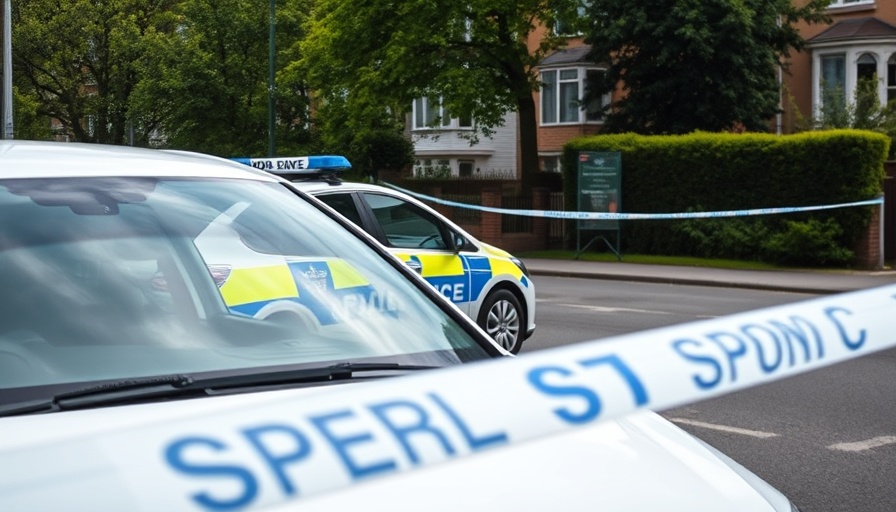
Why the Death of a Diplomat Sends Shockwaves Globally
The recent passing of a Swedish diplomat under troubling circumstances has raised significant concerns in diplomatic circles worldwide. The diplomat had been embroiled in controversy, initially detained on minor suspicions of espionage which, though later dismissed, led him to seek medical treatment. This escalating situation came alongside domestic political upheaval in Sweden, hinting at potential connections that could reshape the nation's foreign relations.
Context: The Role of Diplomats in International Relations
Understanding the gravity of a diplomat's role is crucial, especially against the backdrop of international conflict. Diplomats bridge nations, working to maintain peace and foster cooperation. The sudden death of a diplomat, particularly under suspicion of espionage, can incite widespread distrust and strained relations, not just between the involved nations but also with allies. This incident reminds us of the delicate balance diplomats must navigate.
Exploring the Allegations: Espionage Under Scrutiny
While the diplomat faced only minor accusations initially, the implications of such allegations are vast. Espionage—with its clandestine operations—can lead nations to question motives and policy directions. It is important to remember that accusations, regardless of their validity, can create discussions and rifts that last well beyond the initial scandal. The very nature of espionage suggests not just individual actions but deeply woven political narratives that reflect national security interests.
Repercussions on Domestic Politics: A National Security Crisis?
A close examination of recent events suggests a linking thread with the recent resignation of Sweden's national security advisor. The timing raises questions: could these developments be part of a larger pattern of political instability within the country? The intersection of a diplomat's fate and the resignation poses scenarios where both national and international policies must adapt, highlighting the fragile nature of governmental trust in these uncertain times.
Interfaith Perspectives: Discussing Human Rights and Dignity
The implications of the diplomat's death extend beyond political dialogue. For mission-minded individuals and Christians focused on social justice, this incident underscores the significant tensions in international diplomacy and underscores the urgent need for advocacy regarding human rights and dignity. Engaging with these narratives encourages mission-driven believers to contemplate their role in fostering peace and understanding across cultures.
Future Predictions: The Evolution of Diplomatic Relations
Looking ahead, the diplomat's death could foster significant shifts in diplomatic protocols and national security strategies globally. Countries may reevaluate how they approach surveillance and intervention in diplomatic affairs. The balance of power in international relations could tilt depending on how nations choose to respond, whether through diplomacy or retaliatory measures. This scenario highlights the evolution of trust and transparency in a world of escalating political complexities.
Understanding Historical Context: Espionage and Diplomacy
Historically, espionage has often disrupted existing relationships between countries. From the Cold War to present-day conflicts, diplomatic trust can easily be shaken by allegations, and national interests can supersede collaborative efforts. This historical perspective urges readers to reflect on the lessons our world has learned about the consequences of suspicion and conflict.
In light of these unfolding events, as mission-minded individuals, it is crucial to stay several steps ahead. Advocating for peace, understanding the dynamics at play, and fostering dialogue between nations become not just ideal practices but urgent necessities. Join discussions, stay informed, and share insights to promote justice and understanding in an ever-complex world.
 Add Row
Add Row  Add
Add 








 Add Row
Add Row  Add
Add 

Write A Comment